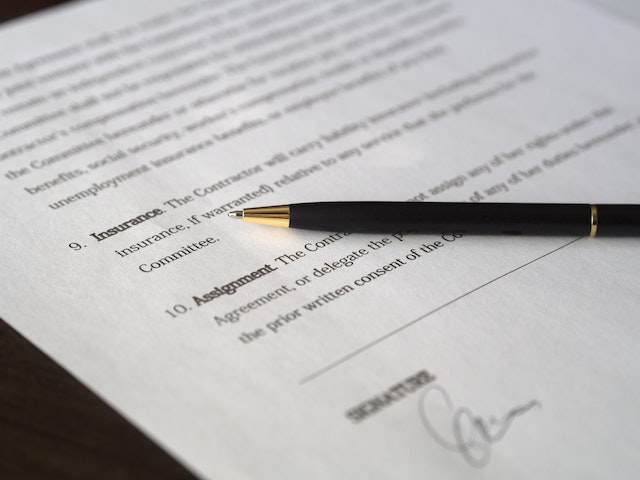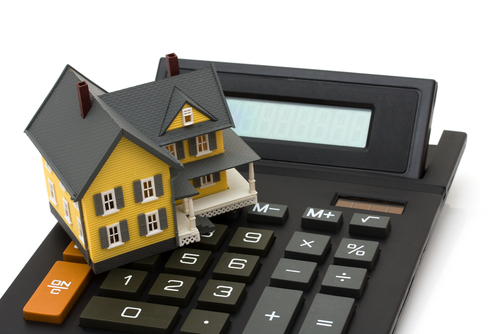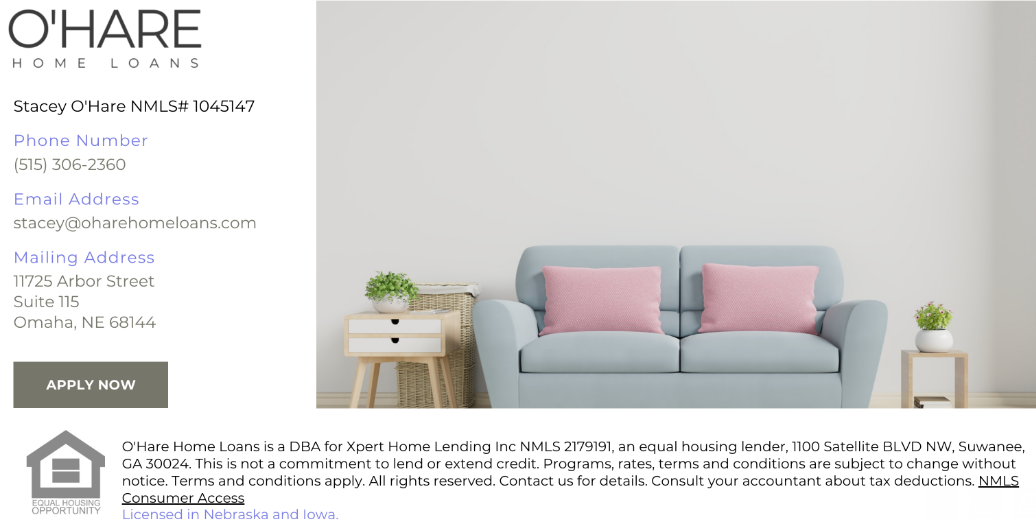Do You Need Title Insurance When Buying a Home in Omaha?

When purchasing a home in Omaha, obtaining the title is a crucial step. The title serves as confirmation of your ownership rights for the property acquired from the seller.
Title insurance is an essential safeguard for homebuyers and mortgage lenders, providing protection against potential losses or damages arising from defective titles.
What Title Insurance Covers
A title insurance policy should provide coverage for various potential claims against a title, such as conflicting wills, tax liabilities, and property liens. Numerous scenarios, including code violations and legal complications, can result in title issues.
One potential issue that could arise after purchasing a property is discovering that the seller does not actually have a legal claim to it. Additionally, it is possible to find out that another party is disputing the seller's claim.
Title insurance is a valuable protection against potential title issues. While working with a title company reduces the likelihood of encountering problems, it is important to remember that they can still arise.
Types of Title Insurance
Title insurance is crucial in real estate transactions, with two types available: owner's and lender's. Both provide essential protection for all parties involved.
An owner's title policy is a recommended purchase to safeguard against potential risks. It is not mandatory, but it provides protection against various issues such as conflicting ownership claims, ongoing lawsuits and liens, inaccurate public records, fraud or forgery, and undisclosed easements or agreements that could impact the value or use of a property.
Title insurance is crucial for buyers as it provides peace of mind by addressing potential issues that may arise with a title later on. Even with a title company, there is always a possibility of such issues, making title insurance one of the best ways to protect yourself as a buyer.
The lender's title insurance policy functions similarly to an owner's insurance policy, as it offers protection to the lender against potential losses. This policy provides coverage up to the loan amount, but it does not extend protection to the buyer.
A warranty of title is an alternative to a title insurance policy. It guarantees that the seller has the legal right to transfer property ownership and that no one else can claim the property legitimately. If a claim arises later, the warranty allows the buyer to take legal action against the seller.
The cost of title insurance premiums can vary greatly. However, if you're purchasing the existing owner's policy, the cost may already be included in the property sale.
The biggest takeaway is that title insurance is optional. Whether or not you need to buy it depends on your individual circumstances and risk tolerance.
Having proper coverage for your property is essential to protect yourself from potential financial burdens. Without it, you could find yourself dealing with unpaid property taxes or fines for code violations. As the homeowner, you would be solely responsible for these expenses.
Buying a home or any property can be a stressful process. However, there are steps you can take to protect yourself and feel confident in the transaction.
Have your home needs changed in the past year? Perhaps you’ve outgrown your present home, or need to downsize to a more suitable home. If you’re ready to make a move, let’s connect and talk about all the amazing opportunities that are available to you!


 It's common to hear the term "all-cash buyer" during real estate shows. It's often used as a way to sweeten a deal, but what's the reality? You can buy a house in Omaha with cash or with a mortgage, and each has its own pros and cons.
It's common to hear the term "all-cash buyer" during real estate shows. It's often used as a way to sweeten a deal, but what's the reality? You can buy a house in Omaha with cash or with a mortgage, and each has its own pros and cons..jpg) Are you ready to buy your first home in Omaha?
Are you ready to buy your first home in Omaha?
 Real estate terminology can really throw you for a loop, especially if you are a first-time home buyer and haven’t dealt with the home buying process before. If you can relate, then we are sure you will enjoy (and benefit from) today’s blog post!
Real estate terminology can really throw you for a loop, especially if you are a first-time home buyer and haven’t dealt with the home buying process before. If you can relate, then we are sure you will enjoy (and benefit from) today’s blog post! 








